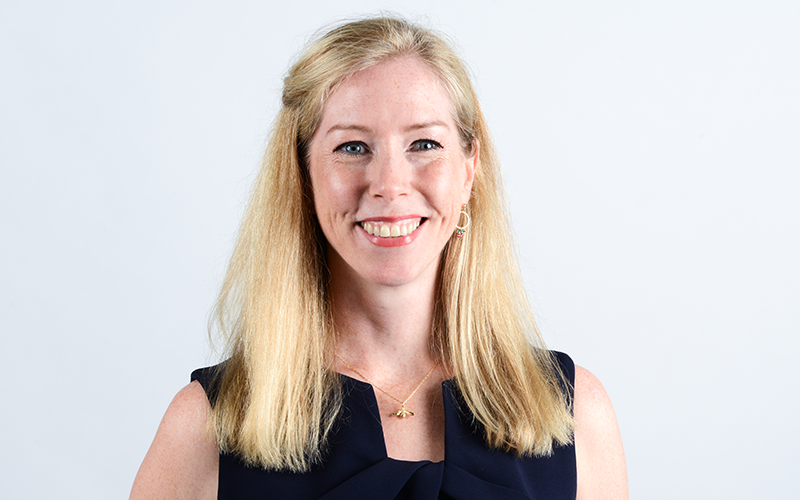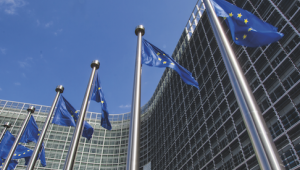web_p57_in-practice_trading-limits_federal-reserve-building-us_credit_shutterstock-350284844.png

Image Credit | Shutterstock
In October, the US Federal Reserve Board announced a set of new rules restricting personal investments by its policymakers and senior staff. The move followed the resignation of two regional Fed chiefs in the wake of a furore over their personal trading activities.
The new rules prohibit reserve bank and board policymakers and senior staff from purchasing individual stocks, holding investments in individual bonds, directly or indirectly holding investments in agency securities, or entering into derivatives.
“These tough new rules raise the bar high in order to assure the public we serve that all of our senior officials maintain a single-minded focus on the public mission of the Federal Reserve,” said Federal Reserve Board chair Jerome Powell.
In September, advocacy groups had raised concerns about the trading activities of Dallas Fed president Robert Kaplan and Boston Fed president Eric Rosengren.
Disclosure forms by Kaplan revealed that during 2020 he had made multiple transactions, including 22 that were worth more than $1m each. Rosengren listed stakes in four separate real estate investment trusts and disclosed multiple purchases and sales in those and other securities.
In his resignation letter, Kaplan said his investing activities and disclosures had met the Fed’s compliance rules and standards. But he added: “Unfortunately, the recent focus on my financial disclosure risks becoming a distraction to the Fed’s work.”
Rosengren said he was retiring early, because of a worsening kidney condition. In a statement prior to his departure, he said: “I made some personal investment decisions last year that were permissible under Fed ethics rules for asset types and timeframes for transactions.
"Regrettably, the appearance of such permissible personal investment decisions has generated some questions, so I have made the decision to divest these assets to underscore my commitment to Fed ethics guidelines.”
Analysis by head of CIPFA policy & technical Kirsty Stanners
Many will be surprised that it took a pair of stock-buying outcries to force the Fed to introduce rules to stop policymakers and senior staff from buying individual stocks and bonds, and to restrict active trading.
It would seem to be common sense and prudent to have controls in place to prevent those that have potentially market-moving information from being able to personally profit from this.
In a similar way to those officials at the Fed, professional accountants can find themselves privy to information that could be used for their personal gain. This may be at a material level for individuals who are involved in the awarding of contracts or making investment decisions, or in greyer areas, where an introduction or failure to speak up on certain issues will lead to a beneficial personal outcome.
The CIPFA Code of Ethics highlights that such circumstances raise a threat of self-interest – where a professional accountant’s financial or other interests will inappropriately influence their judgment or behaviour. In these circumstances, there is a risk that the ethical standards of objectivity, confidentiality and professional behaviour may not be upheld.
We must remind ourselves that these fundamental principles, along with those of integrity and professional competence and due care, must be met by all professional accountants as our work must be trusted by society at large, as well as by individual employers, clients and other stakeholders.
What we do reflects not only on ourselves but also on our employing organisation, on our accounting institutes and, ultimately, on the accountancy profession – it must be free of personal bias or self-interest.
The checks and balances being introduced by the Fed should provide control frameworks that are strong enough to prevent further potential bad judgments.
However, as professional accountants, we must remember that the ultimate responsibility to maintain high ethical standards sits not with the creation of an effective control framework but with each of us.














